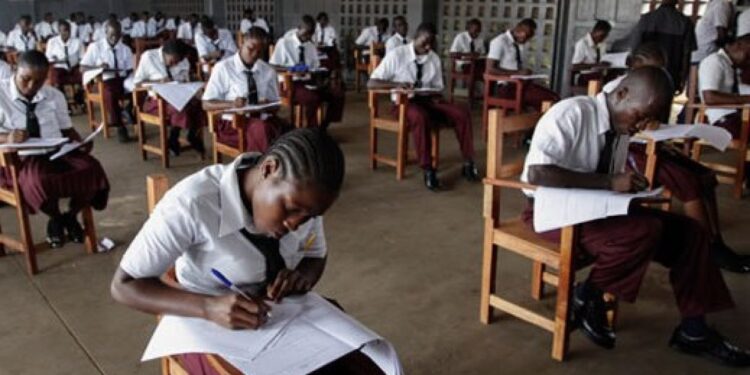Education is often touted as the bedrock of national development, yet across Africa, teachers—who are the backbone of this system—continue to be undervalued and underpaid.
The ongoing strike by the Monrovia Consolidated School System Teachers Association (MCSSTA) in Liberia is not just a protest; it is a cry for dignity, fair wages, and sustainable educational reforms.
The Liberian Teachers’ Revolt
On March 20, 2025, MCSSTA President Augustine N. Nyormui announced an indefinite strike, citing poor salaries, job insecurity, and underfunding of the Monrovia Consolidated School System (MCSS). With over 20 public schools expected to shut down, thousands of students preparing for critical exams now face uncertainty.
Their demands? A salary adjustment aligned with academic qualifications, the regularization of volunteer teachers, promised salary increments, and increased budgetary support for MCSS. These are fundamental rights, not luxuries. Yet, the government, which once campaigned on prioritizing education, appears unresponsive.
A Continent-Wide Pattern
Liberia is not alone. Across Africa, teachers in Nigeria, Kenya, South Africa, and Ghana have staged similar protests in recent years. From unpaid wages to dilapidated classrooms, the struggles mirror a larger systemic failure in prioritizing public education.
In Nigeria, the Academic Staff Union of Universities (ASUU) frequently engages in prolonged strikes over funding and wage disputes. Kenyan teachers, too, have fought for better working conditions, with little success. The story is eerily similar across borders: while politicians enjoy extravagant lifestyles, those shaping the next generation struggle to make ends meet.
The True Cost of Neglecting Teachers
The impact of these strikes is devastating. When schools shut down, students—especially those from low-income families—are left stranded. Learning gaps widen, examination schedules are disrupted, and frustration mounts. In the long run, Africa risks losing its intellectual capital as disillusioned teachers and students seek opportunities abroad.
The Way Forward
If African governments are serious about development, they must:
1. Prioritize Teacher Welfare – Pay teachers fair wages and ensure timely disbursement of salaries.
2. Invest in Education Infrastructure – Schools should be properly funded, not abandoned.
3. Encourage Policy Continuity – Education should not suffer because of political transitions.
4. Create Transparent Engagement Channels – Government officials must engage teachers in meaningful dialogue, not dismiss their concerns.
The Liberian teachers’ strike is a warning bell, echoing across Africa. Until governments recognize that quality education starts with empowered teachers, the dream of a truly transformed continent will remain just that—a dream.



















































































 EduTimes Africa, a product of Education Times Africa, is a magazine publication that aims to lend its support to close the yawning gap in Africa's educational development.
EduTimes Africa, a product of Education Times Africa, is a magazine publication that aims to lend its support to close the yawning gap in Africa's educational development.